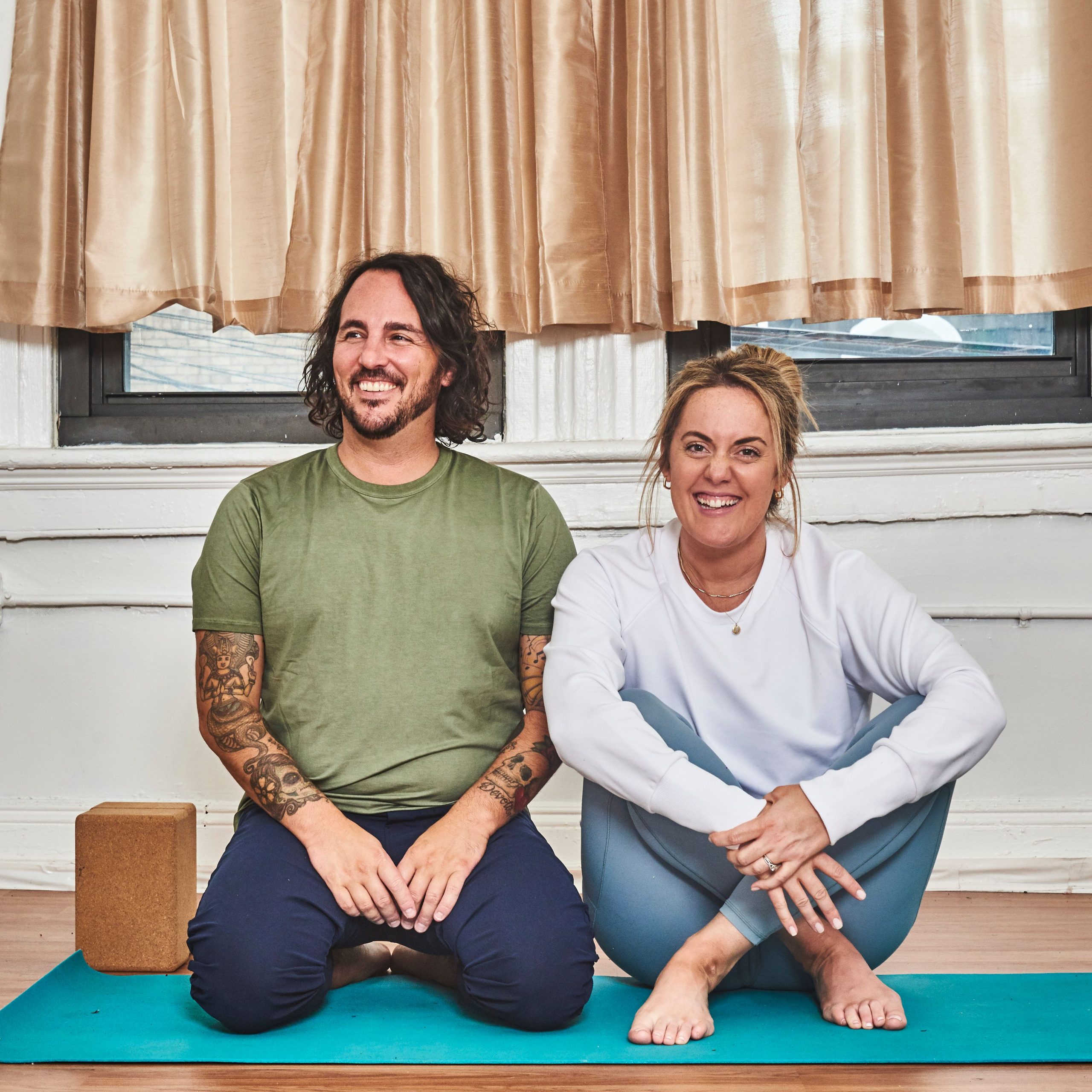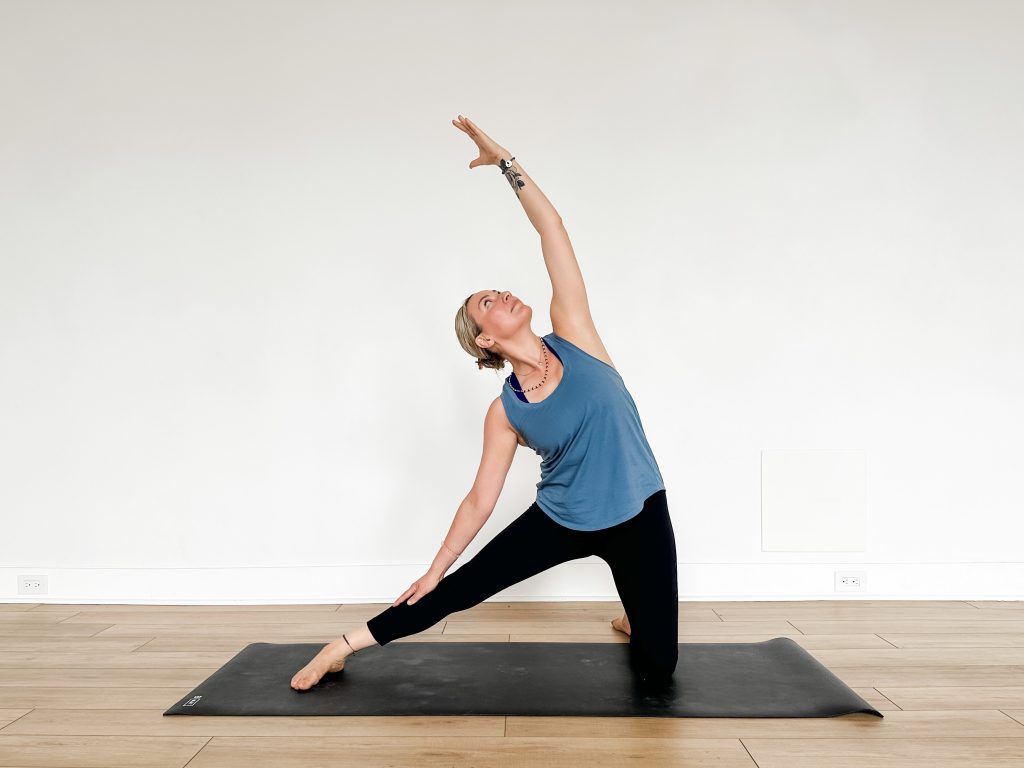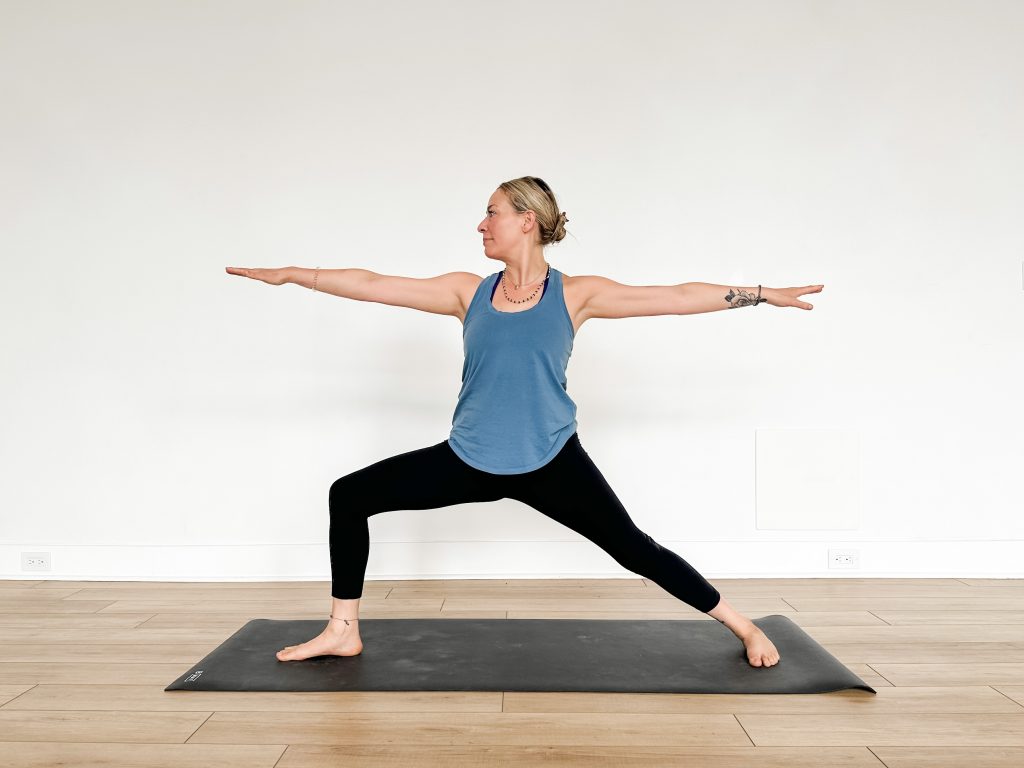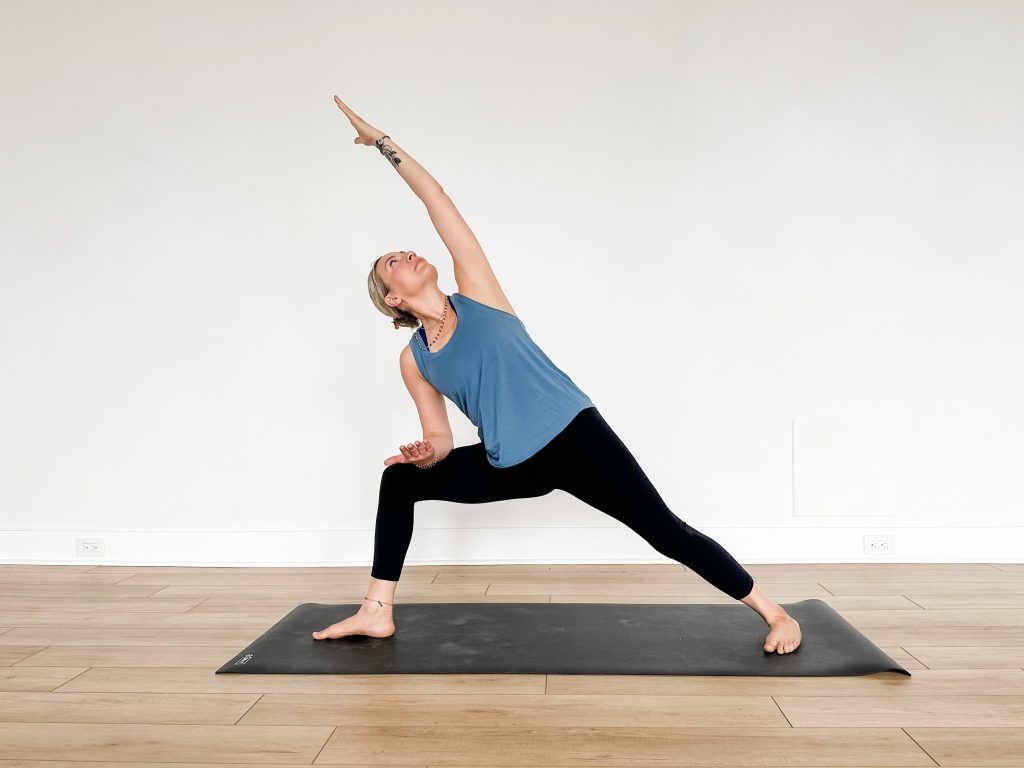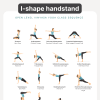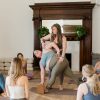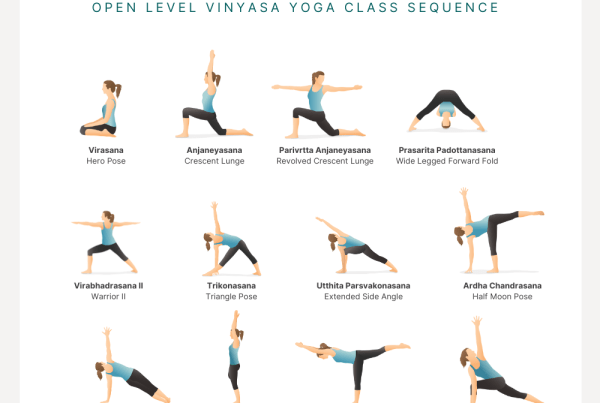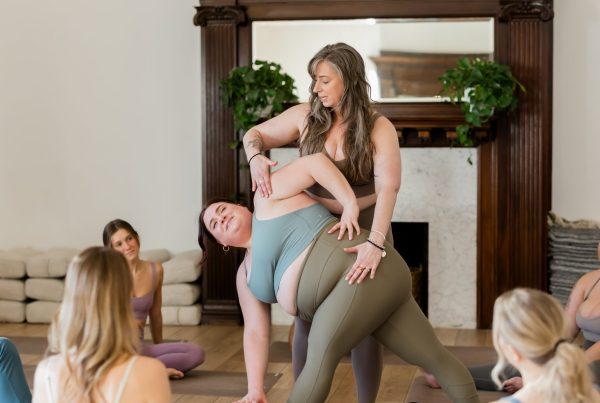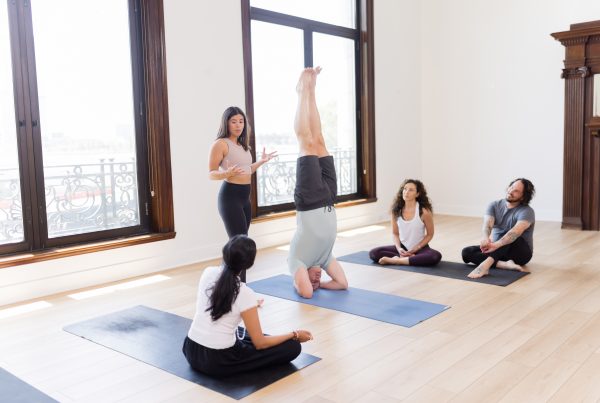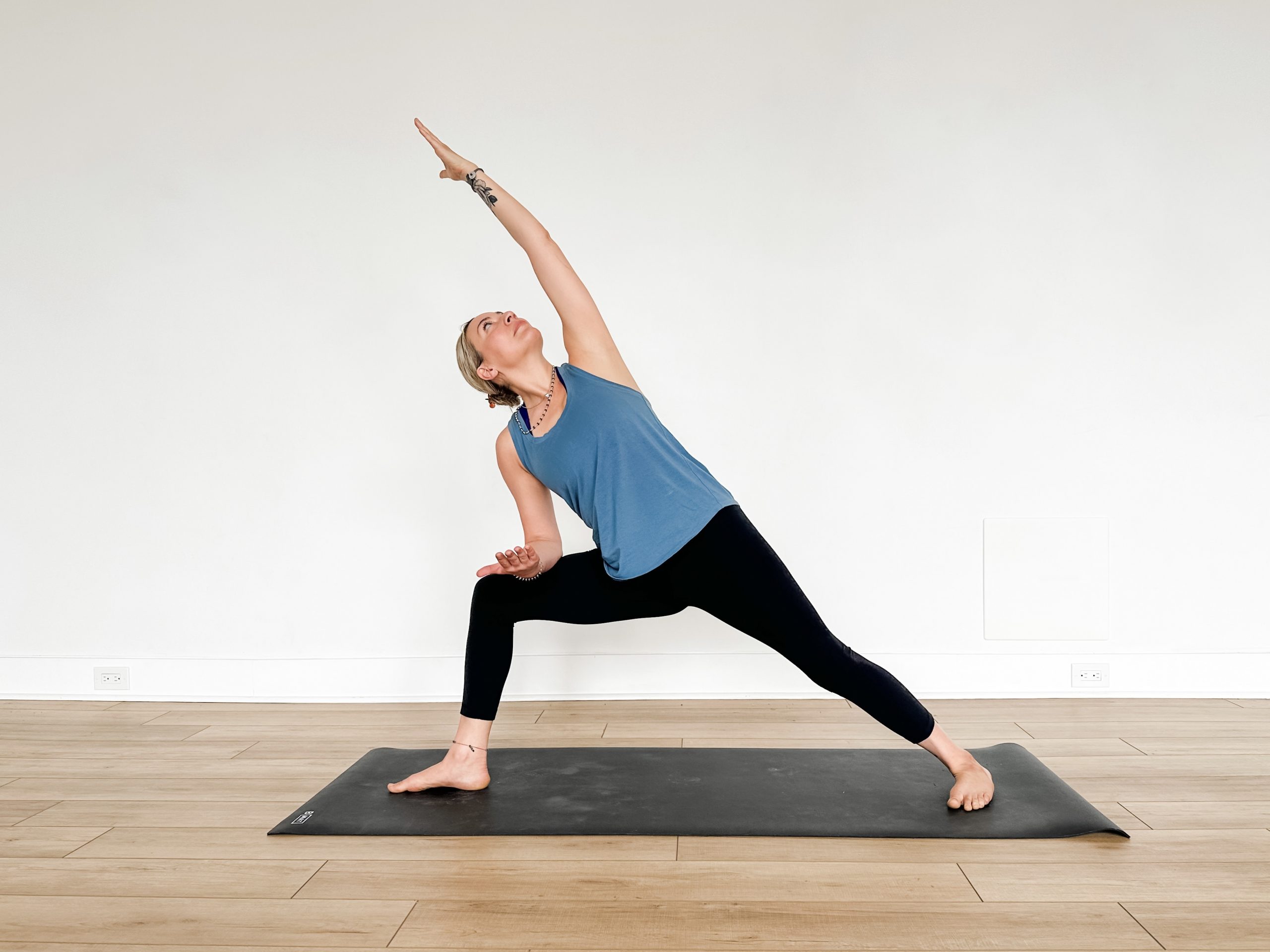
The Yoga Sutras of Patanjali is a core text in yoga philosophy. You really cannot avoid attending a yoga class or moving through a yoga teacher training without coming in contact with The Yoga Sutras. This is because the text is meant to help us alleviate suffering.
As human beings living here on planet earth, we all have a body and we all have a mind. With this comes suffering, attachments, pain, loss, sadness, and so much more. We experience the beautiful and the breathtaking things in live, but we also experience the opposite.
Yoga Sutra 1.1 is the opening verse of Patanjali’s Yoga Sutras. It really provides the groundwork for the entire text. It reads, “Atha yoga-anushasanam,” which can be translated as “Now, the teachings of yoga begin.” or “Now begins the teaching of yoga.” The key word is “now.” It’s all happening in this very moment and it’s right here in the present.
The word “Atha” in Sanskrit is said to signify a new beginning, so it’s an opportunity to let go of whatever was in the past and whatever is attaching you to something that isn’t serving you.
Yoga Sutra 1.1 also suggests that change begins within. We live in a world where we are bombarded with advertisements to buy things that will make us happy. This specific sutra suggests, in its immediacy of using “now” that we don’t need to wait for something to change us. We have it all within ourselves.
Peak Pose: Extended Side Angle (Utthita Parsvakonasana)
Utthita Parsvakonasana is a pose that really requires your full attention. It’s almost impossible (for me, at least!), to be in this pose and think about a to-do list or worry about what I’m cooking for dinner. It’s a pose that really requires strength, full body awareness, openness, and the ability to breath through it all. This pose gives you the opportunity to elongate parts of your body as you inhale and to engage other parts of your body as you exhale.
Supporting Pose #1: Gate Pose (Parighasana)
This pose helps open the inner thighs and to also help each side waist find length. A common issue that I’ve seen with this pose is that students tend to collapse the ribs onto the thigh. Instead of releasing the rips or the waist down to the top of the thigh, it’s important to think about elongating and lengthening..
How to:
- Stand with your legs wide, facing the long edge of your mat.
- Bring your hands to the ground or blocks if you can’t reach the ground and then bring one knee at a time to the ground so you’re kneeling.
- Extend your right leg to the right with your foot down, your toes facing the long edge of the mat (the same direction your chest is facing) and try to keep the pinky edge of your foot on the mat,
- Reach your arms up and begin to tilt to the right. Bring your right hand to your leg and extend your left arm high overhead. As you inhale, lengthen your right side body. As you exhale, try to turn your bottom right ribs to the sky.
Supporting Pose #2: Warrior II (Virabhadrasana II)
This pose will help you become aware of your back leg and also the alignment of your front leg over the front ankle. It’s a powerful and open pose that may also help you find space in your upper body.
How to:
- From Downward Facing Dog, step your right foot forward to a low lunge.
- Turn your back heel down and circle your arms up as you turn your belly and your heart to face the long side of your mat.
- Extend your arms away from your heart and try your best to have your right arm in line with your right shoulder and your left arm in line with your left.
- Look over your right shoulder, but stay aware of your back arm. Inhale as you reach your arms away from each other and as you exhale, press into the outer edge of your back foot. .
Supporting Pose #3: Extended Triangle (Utthita Trikonasana)
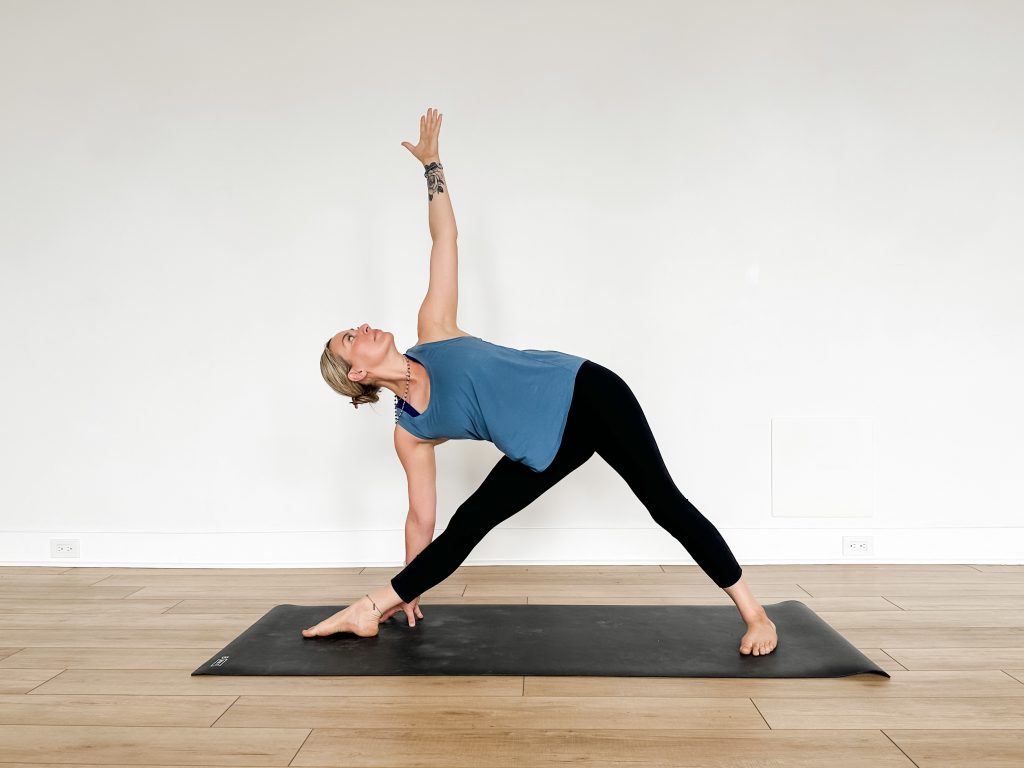
This pose really helps find the extension in the side body. You don’t already realize how much length and space you have until you approach this pose! It also offers opportunities to find more length each time you breath in and to let go of tension as you breathe out.
How to:
- From Warrior II, lengthen both legs by engaging your thighs.
- Reach your arms away from each other and lower your right hand down to your right shin.
- Move your right hip back in space towards your left foot to create even more space in your right side body.
- Press your right hand into your right shin as you glide your right hip towards the back of your mat.
- Reach your arms away from each other as you inhale. Draw your shoulder blades together as you exhale.
Peak Pose: Extended Side Angle (Utthita Parsvakonasana)
How to:
- From Warrior II, deliver your right forearm onto the top of your right thigh with your palm facing upwards.
- Bring your left arm overhead to frame your ear and think about your left arm reaching away from your left foot.
- As you breathe in, press your forearm into the top of your thigh and as you breathe out, glide your right sitting bone underneath you.
- You may bring your right hand to the mat or to a block. Otherwise, keep your forearm on your thigh to maintain the space in your right side body,
- If it feels okay, turn your gaze up to your left hand.
Related Courses:
Join our mailing list for incredible weekly content!
[convertkit form=5652366]
